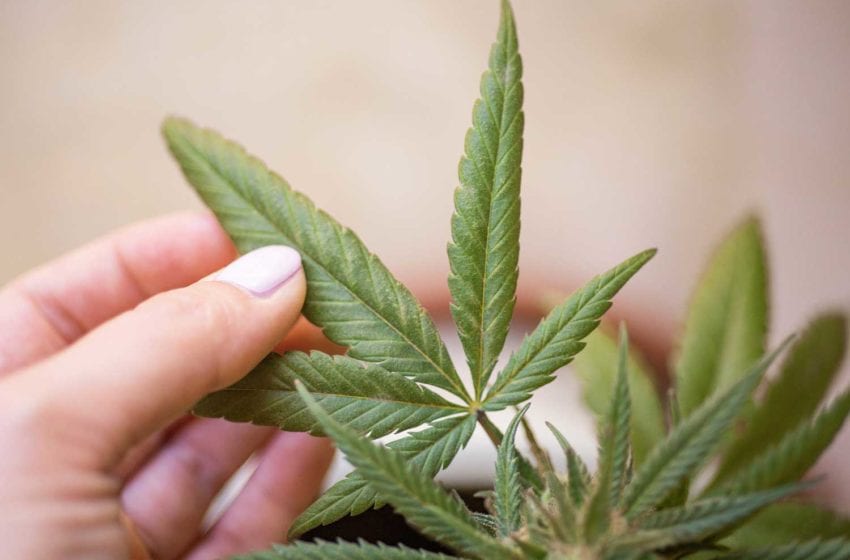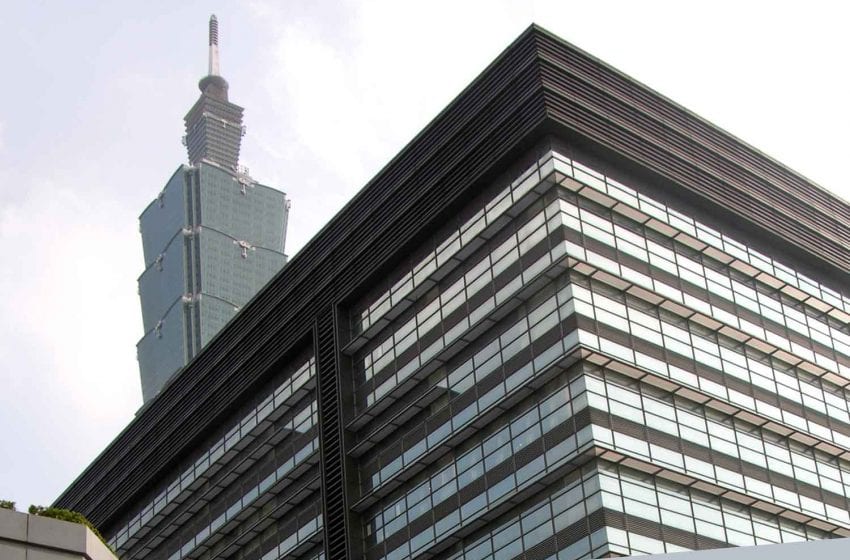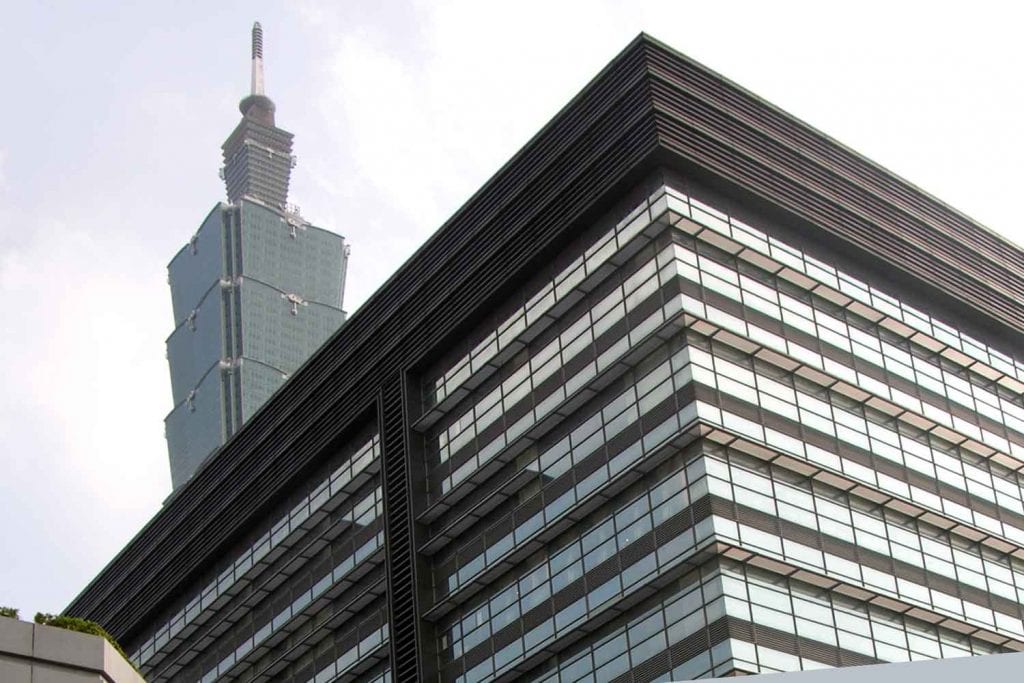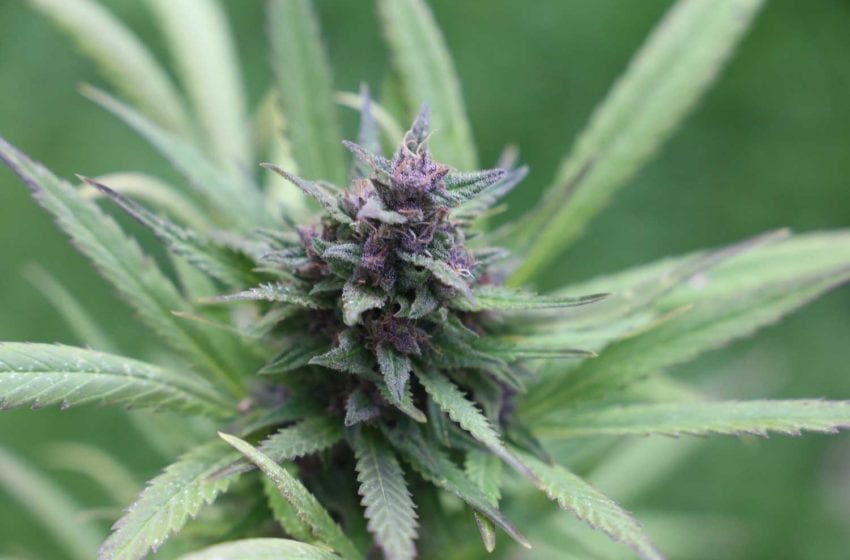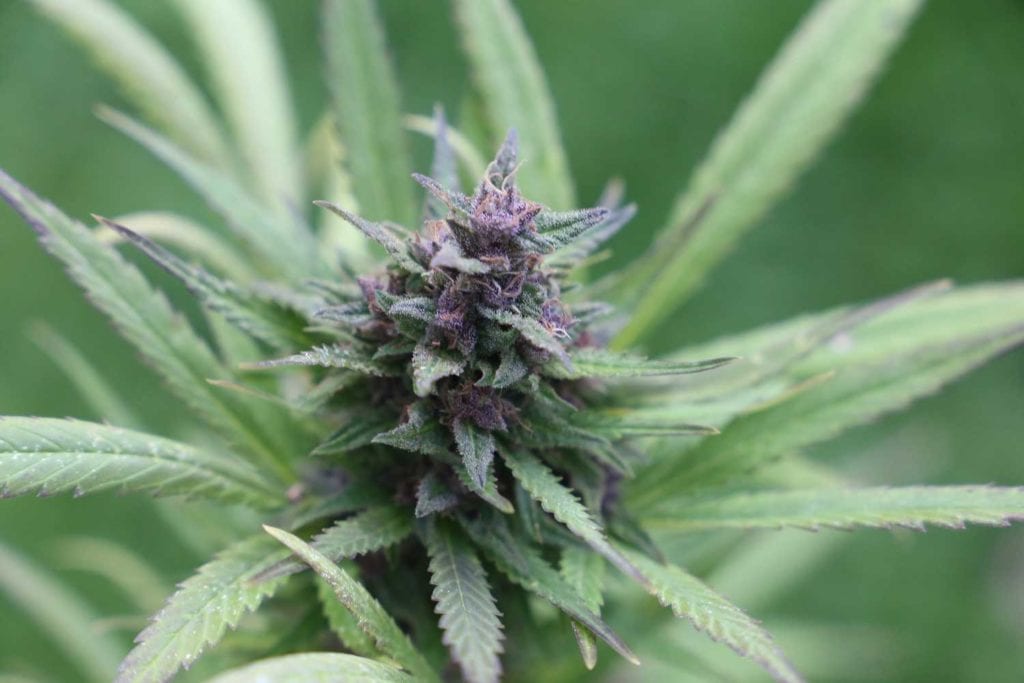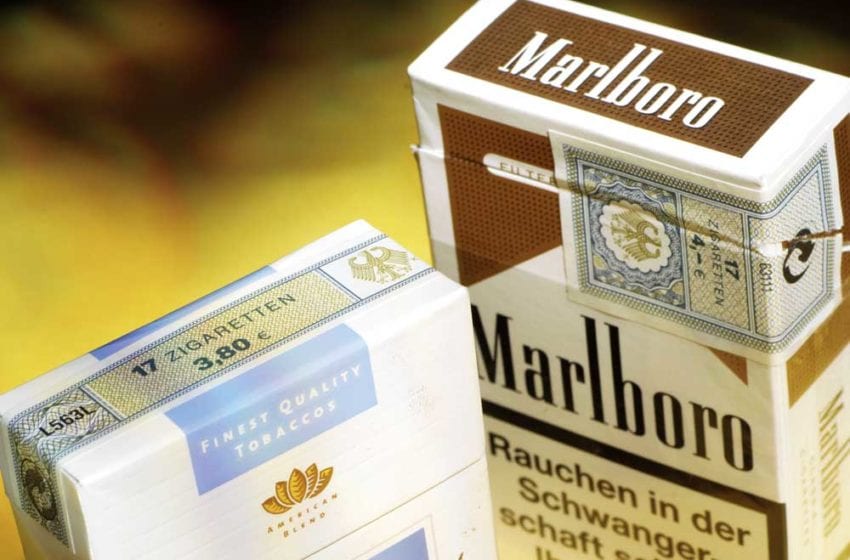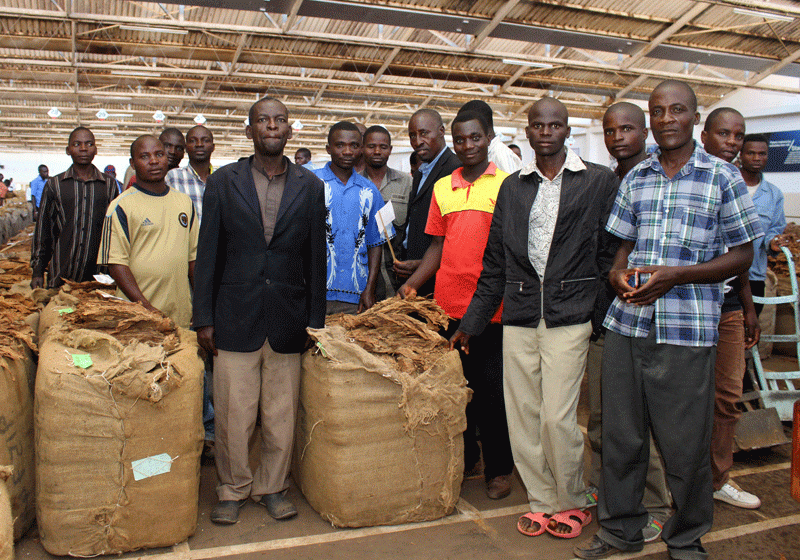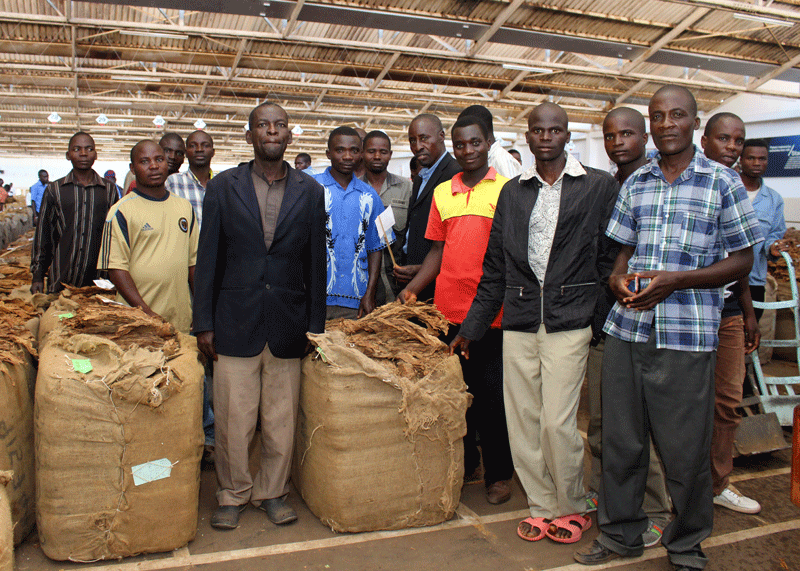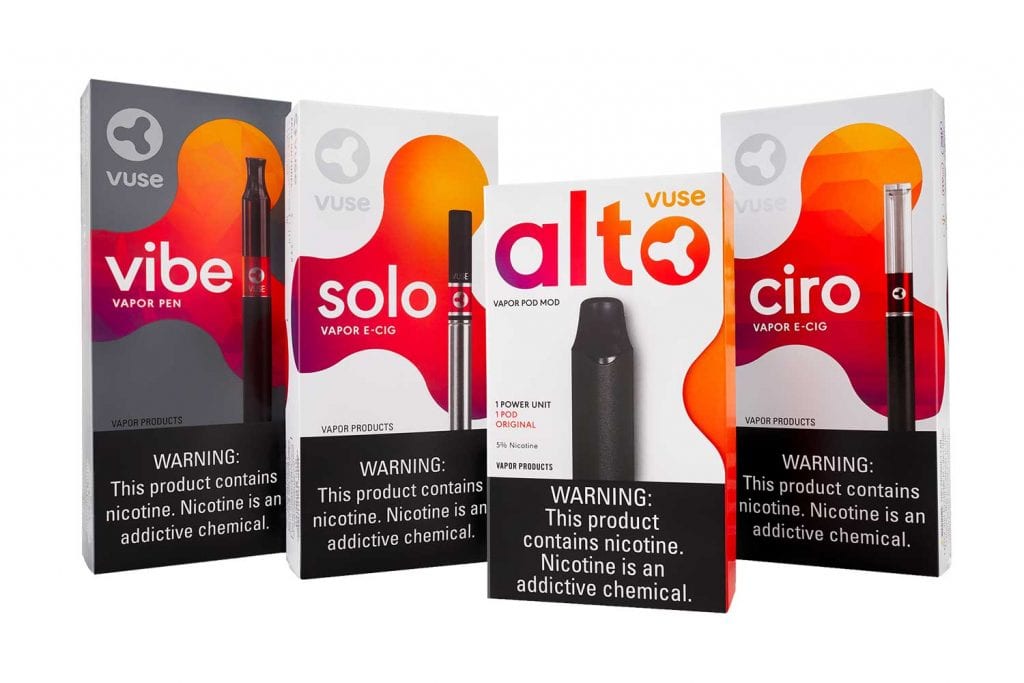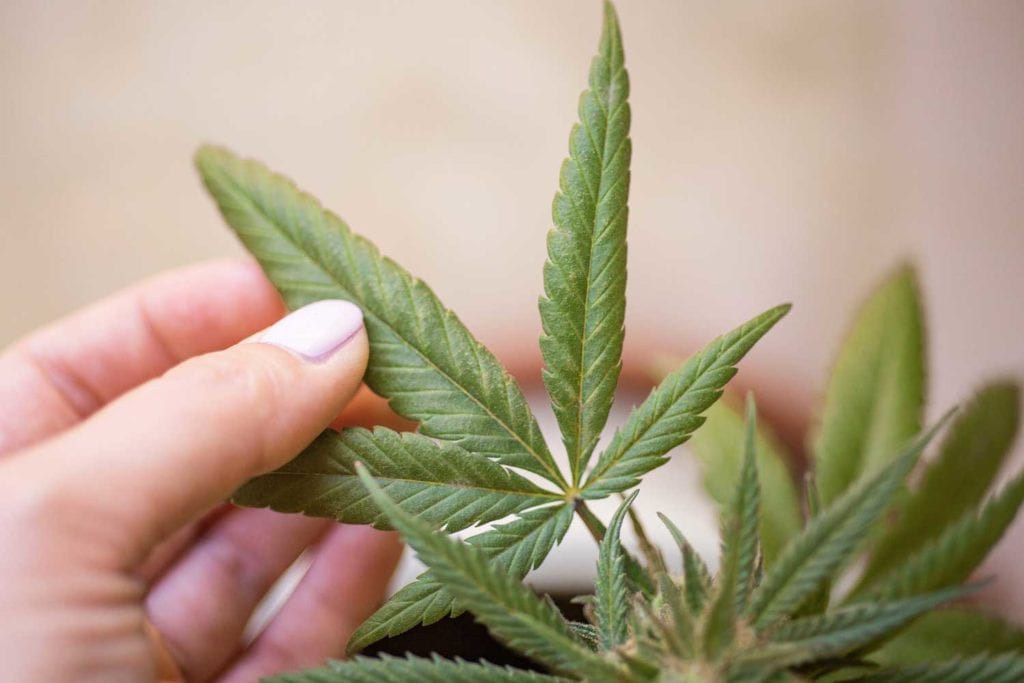
Lawmakers in New York state have agreed to legalize marijuana for recreational use. Legalization could bring the state about $350 million annually, according to a story in the Associated Press.
The legislation would allow recreational marijuana sales to adults over the age of 21 and set up a licensing process for the delivery of cannabis products to customers. Individual New Yorkers could grow up to three mature plants and three immature plants for personal consumption, and local governments could opt out of retail sales. The bill also sets aside revenues to cover the costs of everything from regulating marijuana to substance abuse prevention.
New York would set a 9 percent sales tax on cannabis plus an additional 4 percent tax split between the county and local government. It would also impose an additional tax based on the level of THC, the active ingredient in marijuana, ranging from $0.005 per mg for flower to $0.03 per mg for edibles.
If passed, the legislation would take effect immediately, though sales wouldn’t start until New York sets up rules and a proposed cannabis board. Assembly Majority Leader Crystal Peoples-Stokes estimated on March 26 it could take 18 months to two years for sales to start.
Fourteen U.S. states already allow residents to buy marijuana for recreational use.
The tobacco industry has been keeping an eye on opportunities created by the spreading legalization of cannabis.

